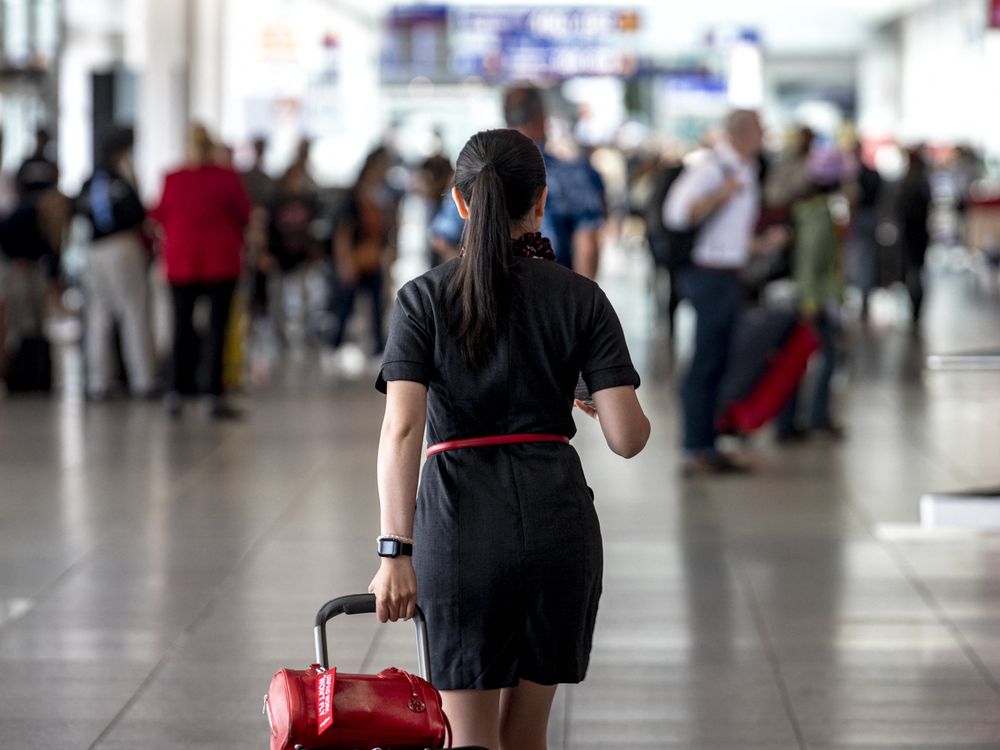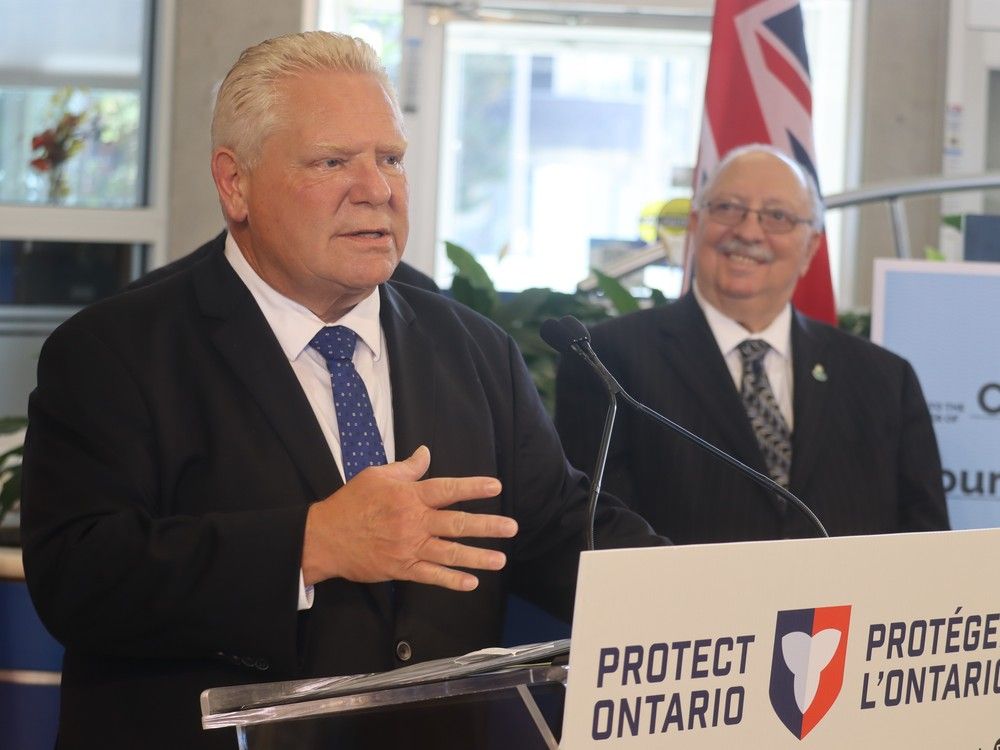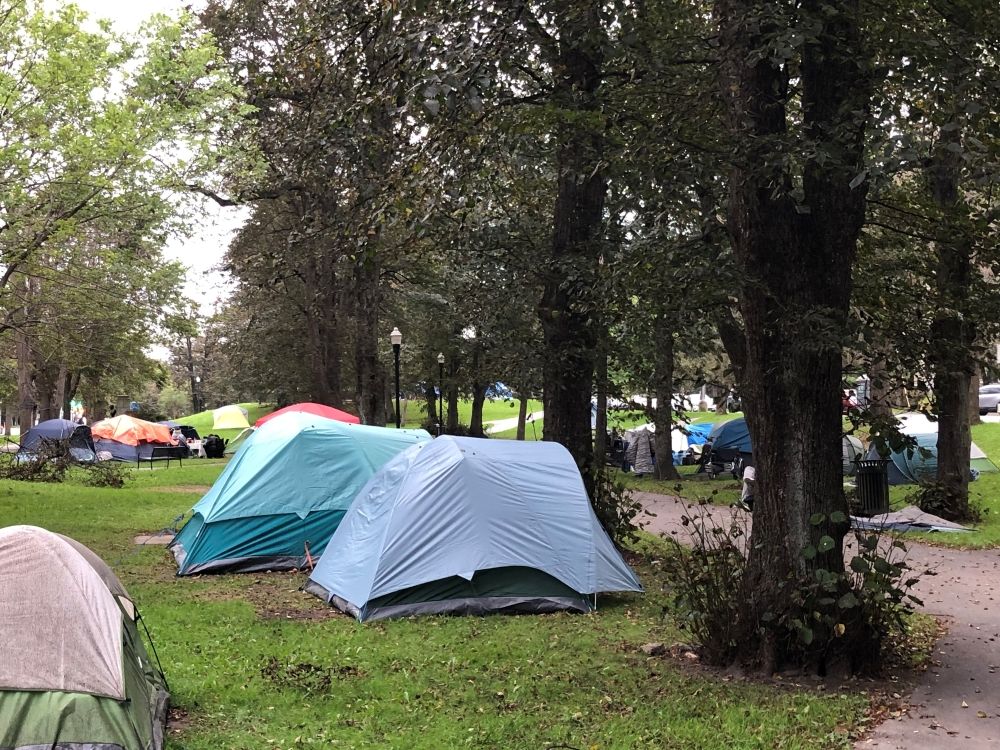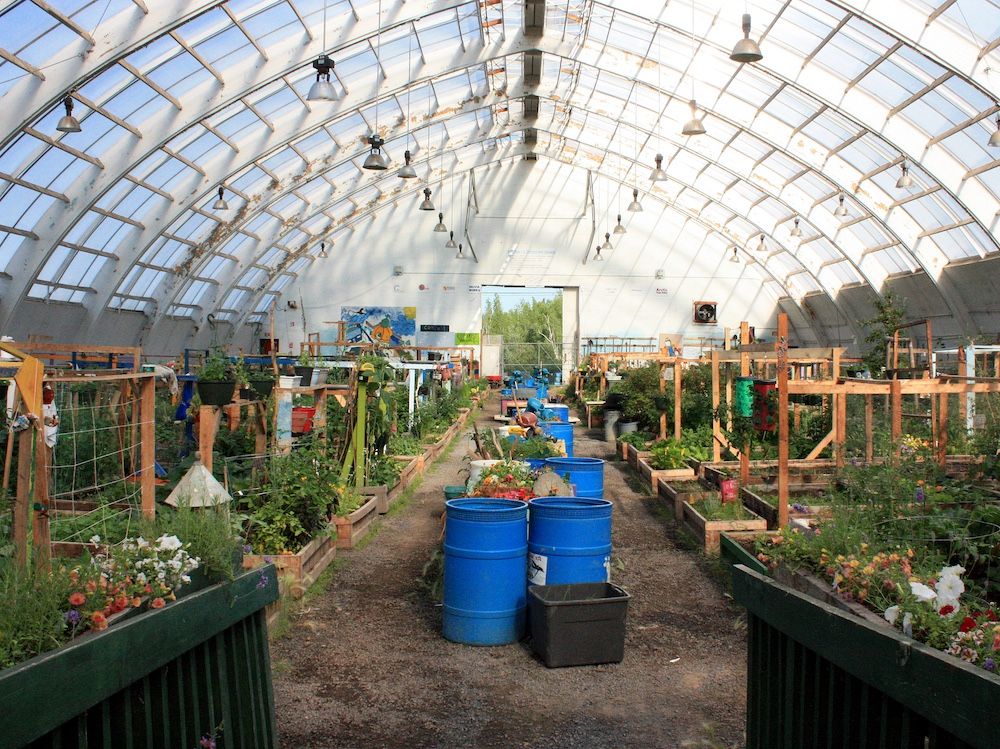
We live in an upside-down world where logic, at least when it comes to Israel, has been turned inside out. But perhaps we should not be surprised. Antisemitism has never been about reason. It has always been an emotional impulse — irrational, contradictory and destructive.
Take Australia, for example. This past week, a country that prides itself on democratic values
entry to Simcha Rotman, a democratically elected member of Israel’s Knesset and chair of its constitution, law and justice committee. Rotman had been scheduled to visit the Australian Jewish community to show solidarity in the face of rising antisemitic attacks.
Australia may not like him, but instead of welcoming him, Australia closed its doors — just as it had done months earlier to former Israeli Justice Minister Ayelet Shaked. Former Israeli defence minister Benny Gantz
the absurdity by noting that Australia is quicker to ban representatives of the Middle East’s only democracy than it is to tackle the “ravaging antisemitism” targeting its own Jewish citizens.
Democracies barring representatives of democracies while having little problem rolling out red carpets for tyrants and despots — this belongs in satire, not policy.
Equally surreal is the West’s determination to reward the Palestinian Authority with statehood while ignoring its barbarism. Khaled Abu Toameh
the PA’s notorious Jericho Prison, nicknamed “The Slaughterhouse,” as a site of extreme abuse and torture. The Palestinian Committee of Detainees’ Families said that the “continued policy of political detention and torture constitutes a crime and a flagrant violation of Palestinian law and international human rights conventions.”
Yet despite the corruption, repression, and complicity with Hamas, western leaders,
our own prime minister, insist on talking about “statehood” as though elections had been held recently, as though Gaza were not run by terrorists, as though reality itself could simply be ignored. Statehood for this? That is not logic — it is delusion.
Meanwhile, in astonishing cowardice, Danish Prime Minister Mette Frederiksen
that Israel’s elected prime minister, Benjamin Netanyahu, is “a problem.” Not Hamas, not Islamic Jihad, not Iran’s terror proxies, but Netanyahu. Think about that for a moment. The leader of a country still reeling from the most horrific massacre of Jews since the Holocaust is condemned as the obstacle to peace, while the perpetrators of mass murder, rape and hostage-taking are shielded from blame. This is not diplomacy — it is moral collapse.
And then there is Canada’s shameful moment on the cultural stage. The Toronto International Film Festival (TIFF) initially cancelled (but then reinstated) the screening of a documentary about the October 7 massacre waged by Hamas. The widely cited reason for this? The filmmakers
from the perpetrators of the massacre to use footage.
Writing in the Times of Israel, Sarah Tuttle-Singer
the absurdity: while hostages continue to languish in Gaza’s terror tunnels, TIFF effectively said that unless the murderers sign a waiver, the massacre cannot be shown. As comedian Benji Lovitt put it, “Imagine the Nuremberg Trials refusing Nazi footage because they didn’t get Goebbels to sign a waiver.” At Nuremberg, the Allies used the footage because the world needed to see the truth.
TIFF relented only after public outrage, but the fact that such reasoning could prevail at all is shocking. It reveals a willingness to sanitize atrocity in the name of bureaucracy, an abdication of moral clarity at the very moment it is needed most.
Perhaps nowhere is this upside-down reasoning more evident than in the media’s ability to transform terrorists into journalists and journalists into heroes. When Al Jazeera’s Anas al-Sharif was killed in Gaza, headlines around the world mourned the death of a senior journalist. Yet Hillel Neuer of UN Watch
that al-Sharif was not a journalist at all but a Hamas operative guiding rocket attacks on Israeli civilians under journalistic cover. It is not journalism. It is propaganda dressed as news.
This is not simply about Israel. It is about the enemies of the West itself — those who despise the Judeo-Christian values upon which our democracies are founded. Truth, accountability and moral clarity are being undermined by forces that aim to replace them with an agenda of terror.
Antisemitism has always thrived in irrationality. Today, that fever has spread across governments, cultural institutions and media platforms. Democracies ban democratic voices. Tyrants are rewarded with statehood. Terrorists are granted press credentials. Film festivals seek permission slips from murderers. And prime ministers denounce Israel’s leaders rather than the terrorists who vow its destruction. If we allow this madness to go unchallenged, what comes next?
For now, America is the only emergency break. But what happens the day after?
National Post
Avi Abraham Benlolo is the CEO and founder of The Abraham Global Peace Initiative.














